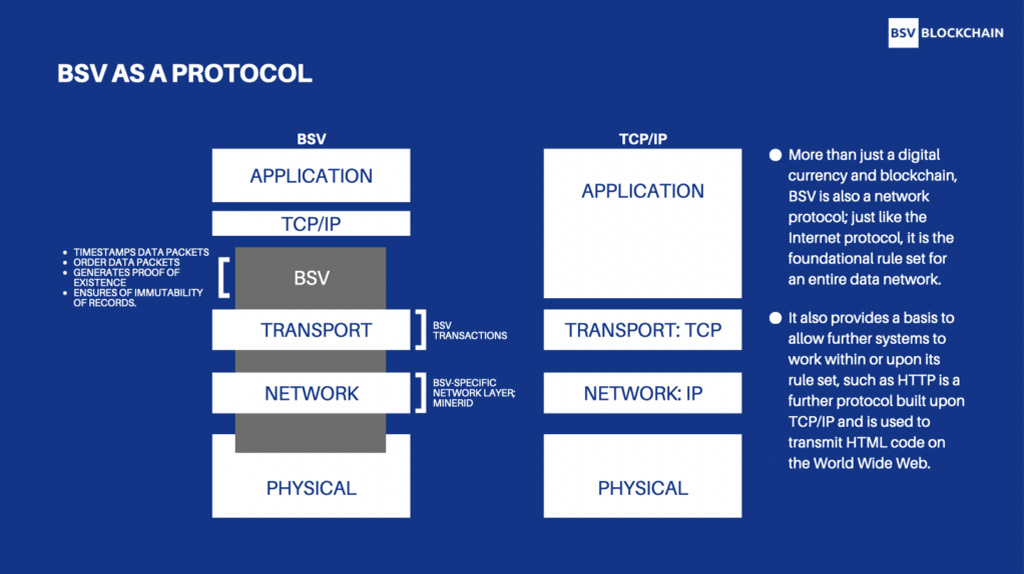As one of the chief proponents for the Metaverse, it was interesting to hear Mark Zuckerberg recently release some of the payment arrangements for purchases with the Metaverse. Developers for apps purchased from Meta App Store within the Metaverse will find 30% of the sale deducted to service hardware and platform development by Meta.
An additional 17.5% will be deducted for app purchases from external developers such that nearly half the money and end-user pays will end up in the pockets of Meta.
In the past, Zuckerberg had been a vocal critic of Apple’s 30% which it pockets from App Store sales. Though it’s more than likely that it’s simply businesses taking advantage of a captive market, perhaps these kinds of charges are what is required to provide these services when technological stacks are so disparate and payment processors vulnerable to various exploits.
Every problem has a solution. It just depends on how much money you want to throw at that solution. With an infinite budget, anyone can mobilise a workforce to bring something such as the Metaverse into existence.
Challenges of realising the Metaverse
However, to do so under an economic paradigm which meets the expectations of investors and stakeholders while simultaneously providing a competitive offering in the marketplace is no small challenge.
Security concerns of a siloed Metaverse
Given Facebook’s track record of egregious data harvesting, it’s very likely that any Metaverse solution they create will have some kind of siloing for users where the maintainers of the platform will have exclusive access to their data. This design will naturally create a large attack surface for hackers and therefore a large security overhead.
A siloed Metaverse will lack interoperability
Creating the API framework for interoperability of their architecture with other Metaverse service providers, such that the user gets the comprehensive virtual experience they’ve been pitched, will come with both technological and economic overheads as well.
The database solution for Facebook, EPIC games and Apple as Metaverse providers may all be entirely different and as such, changes in one provider’s stack may have dramatic implications for how these API frameworks can execute requests for data exchange between databases.
Suppose these various providers were to leverage the advantages of using a shared database whereby simple permissions could be delegated through hierarchical digital signature schemes. In that case, much of this technical burden could be alleviated.
It would be possible to retain a similar degree of analytics upon the data of customers using your portion of the Metaverse, but they would have to relinquish that capacity to some extent as they moved into domains maintained and developed by other providers.
Building the Metaverse on a shared protocol
Using a shared protocol, with all code for network events eventually being compiled down to Bitcoin script, can ensure that some degree of functionality can always be preserved with much less technical overhead than if, for example, a back-end was to transition from Kubernetes clusters to some novel database system.
Additionally, having some agnostic monetary unit to exchange value could ensure users can transfer funds from one realm into another without having to send them back to a central payment processor such as PayPal or otherwise rely on the integration of PayPal accounts with their separate accounts provided by the different Metaverse proprietors.

This would have the effect of reducing fees for the customer as well as creating a much more secure system of monetary exchange.
If the Meta Metaverse relies upon PayPal for funding it still needs to have internal accounting for user exchange and mechanisms to prevent double-spending which would necessitate Meta acting as a mint.
Apple then would do the same as would EPIC games. In addition to that technical burden of interoperability and security, this arrangement is also extremely inefficient in the sense that numerous providers are having to solve the same problems in individual silos.
If these companies were willing to relinquish some of their control over the content generated by all the users within the respective Metaverses and simply compete to offer attractive services which were all denominated in a token settled on a suitable blockchain then that arrangement would be mutually beneficial for all parties.
It may be a little intimidating for these companies to switch mentality where they must compete rather than lock people in. However, as they say, a rising tide lifts all ships.
Your introduction to the Metaverse – eBook
Getting a firm grasp of the past, present and future potential of the Metaverse provides an opportunity for developers, entrepreneurs and businesses to become early adopters.
Download our eBook ‘Your introduction to the Metaverse’ to learn about the opportunities of the:
- The potential of an immersive world for big tech, multimedia software, gaming, art, entertainment, communications, advertising and (insert your industry + vertical)
- What enterprise leaders should know and do about the Metaverse
- What government officials should know and do about the Metaverse?
- What developers should know and do about the Metaverse
